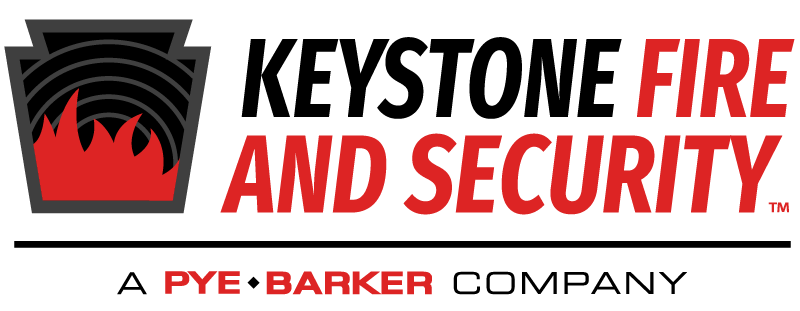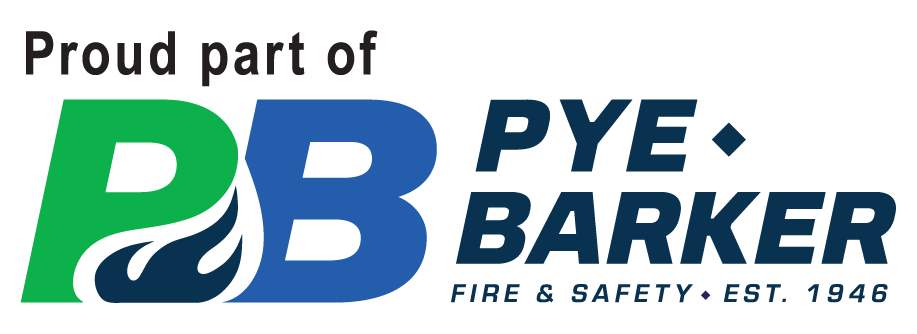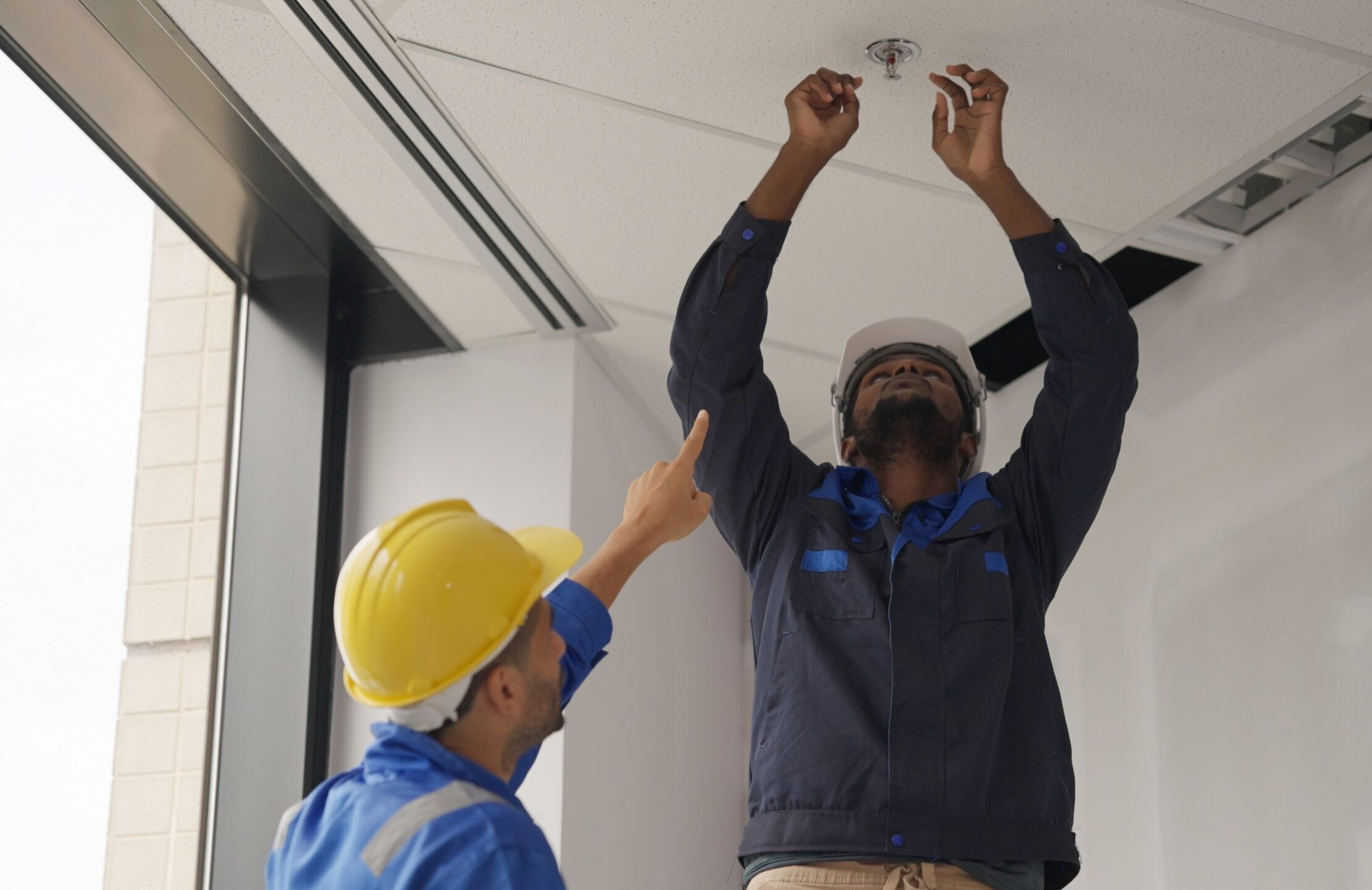Fire safety – it’s something everyone thinks about, right? Especially if you’re responsible for a building, a business, or even just a home. And at the heart of fire safety lies a system many depend on but don’t always understand: fire sprinklers. Now, when we talk about keeping these systems in tip-top shape, the question pops up – do new fire sprinkler systems need to be inspected annually? Yes, even the brand new ones. Let’s break it down and figure out why.
Do New Fire Sprinkler Systems Really Need Annual Checkups?
Think of it this way – you get a brand-new car. You wouldn’t drive it for years without a single oil change or checkup, right? A new fire sprinkler system, despite being fresh out of the box, needs a yearly inspection.
This isn’t about being overly cautious – it’s about understanding that problems can arise even in the newest of systems. We’re talking about making sure they’re going to spring into action when you need them most.
These inspections go beyond simply looking at the sprinkler heads. They include checking valves, water pressure, and ensuring there are no hidden damages or obstructions. Remember, when a fire happens, every second matters, and a well-maintained sprinkler system can be the difference-maker.
Why Bother Inspecting a New Fire Sprinkler System?
It’s a common thought – why inspect a system that’s barely been used? Let’s explore a few compelling reasons why regular checks are vital even for newly-installed setups.
Catching Issues Early
Like any complex system, even those installed with the utmost care can develop minor glitches that worsen over time. Annual fire sprinkler inspections act as early warning systems.
These inspections help spot minor issues before they become major, budget-busting headaches. Early detection often translates into easier and less expensive solutions, saving both time and money.
Ensuring Compliance
In many areas, annual inspections are not just good practice but the law. These regulations are set in place for good reason – to save lives and property.
Ignoring them can lead to hefty fines, legal troubles, and potentially complicate insurance claims after a fire.
Maintaining Peak Performance
Over time, even a brand new sprinkler system can be impacted by various factors: dust, debris, slight changes in pressure, or even minor wear and tear.
Regular inspections help maintain your system at peak performance, guaranteeing its ready to act swiftly and effectively if a fire occurs.
What Happens During a Fire Sprinkler Inspection?
While specific aspects of an inspection might vary based on your system’s type and local regulations, there are some core checks nearly all qualified inspectors perform. Here are some crucial ones.
Visual Inspections
Inspectors will visually examine sprinkler heads for any signs of damage, obstruction, or misalignment. They’ll make sure nothing is blocking the sprinkler heads, such as paint, dust, or even decorations.
These are the silent culprits that could potentially render your sprinklers useless in an emergency.
Testing the Alarm System
The inspector verifies the fire alarm system’s connection to the sprinklers is rock-solid and that every alarm component, from detectors to sirens, is working in perfect harmony with your sprinklers.
Checking Valves and Gauges
Inspectors will test and inspect gauges, alarm valves, dry pipe valves, and control valves. They’ll look for signs of leaks, corrosion, or improper operation.
Understanding Legal Requirements for Fire Sprinklers
You might now be thinking about regulations for fire sprinkler inspections. Organizations such as the National Fire Protection Association (NFPA) and the International Code Council (ICC) set crucial guidelines widely adopted in the U.S. They provide standards that are often adopted by state and local jurisdictions. Understanding their importance is paramount to being on top of your fire safety game. But, they’re not the ultimate word on what’s mandatory in your specific locale.
Now, a vital point: NFPA and ICC codes and standards are essentially blueprints for safety. However, here’s where it gets interesting – in the U.S., there’s an extra layer. Many NFPA and ICC documents are more than suggestions, they’ve actually become the law. For instance, the International Building Code (IBC), is something every state in the U.S. uses as law. It’s the real deal – not just some optional advice.
Navigating Fire Sprinkler Inspections in California
California takes fire safety quite seriously. Here’s a look at specific regulations governing fire sprinkler inspections in the Golden State. In California, testing or maintaining a fire sprinkler system without a license is a definite no-no. California’s Health and Safety Code says that you have to have a license issued by the State Fire Marshal to do any of that. This emphasis on licensed professionals highlights California’s proactive approach to upholding stringent fire safety measures.
California goes a step further to simplify the process for businesses with industrial automatic extinguishing systems. In industrial settings, the California Health and Safety Code permits testing and maintenance by in-house teams, but there’s a catch – they must have the oversight of a qualified engineer.
What Does “Qualified Personnel” Even Mean?
NFPA 25, the gold standard for fire sprinkler inspection, testing, and maintenance, clearly states that it’s not just about doing the checks, but about having “qualified personnel” handle them. Now, while that phrase seems straightforward, in the world of regulations, there’s often room for interpretation. What constitutes “qualified” can vary depending on your specific location and even the type of fire sprinkler system in question. It’s always best to check with your local fire marshal’s office or building department to fully understand the specific requirements in your region. Getting it right the first time not only keeps you on the good side of the law, it also gives you priceless peace of mind, knowing your system has been vetted by those in the know.
Conclusion
So, let’s circle back to the burning question – do new fire sprinkler systems need to be inspected annually? Absolutely. It’s an investment in safety you simply can’t afford to overlook. And beyond the annual checkups, remember, regular maintenance plays a crucial role in extending the life and enhancing the performance of your sprinkler system.
FAQs About Do New Fire Sprinkler Systems Need to Be Inspected Annually?
How Often Do Sprinkler Systems Need to Be Tested?
While new fire sprinkler systems require annual inspections, other testing schedules depend on your specific system, building use, and local regulations. You should always defer to NFPA guidelines, as the organization’s guidelines help ensure proper maintenance. However, it’s best to contact your local fire department for more details and specific recommendations.
What are NFPA 25 5-Year Inspection Requirements?
NFPA 25 sets specific requirements for the 5-year inspection, including:
- Internal Inspection of Piping: A thorough internal inspection of sprinkler pipes for obstructions and corrosion.
- Testing of Gauges: Gauges in your sprinkler system should be tested and replaced.
- Hydrostatic Testing: This process helps evaluate the integrity of your sprinkler piping system.
How Often Should Automatic Fire Suppression Systems Be Inspected?
The inspection frequency of automatic fire suppression systems varies depending on the system type and factors like its complexity and the environment where it operates. Always follow NFPA standards and consult your local Authority Having Jurisdiction (AHJ) to guarantee adherence to local codes.
What is the NFPA Standard for Inspection?
The gold standard, NFPA 25, outlines comprehensive guidelines for inspection, testing, and maintaining all water-based fire protection systems. This document acts as a baseline for ensuring optimal functionality and code compliance for such systems, emphasizing a systematic and preventive approach to fire safety. Living in Bucks County? Our access control specialists are just a call away to ensure your security needs are met.


